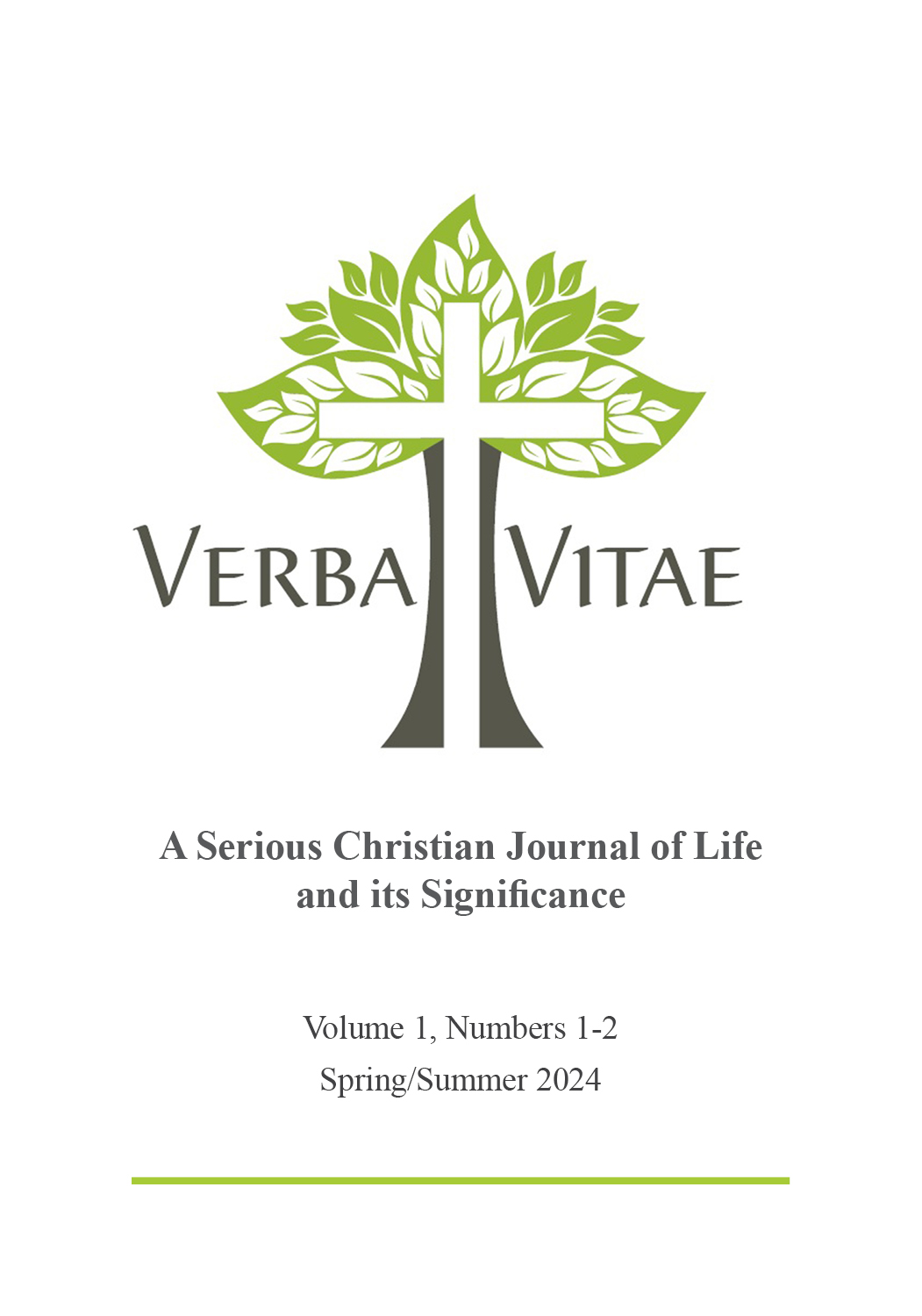Death in the History of Redemption
Main Article Content
Abstract
To think as Christians about death we need to think of it within the history of redemption. That is, we need to think in terms of our creatureliness and the finite limits of the time allotted us. We need to think of death as a judgment from which Christ comes to deliver us. And we need to think of it in light of the new creation promised by the God who raised Jesus from the dead. Thus, rather than attempting to master death, as our culture encourages us to do, we should learn to let our understanding of it be shaped by the One who has mastered it.
Downloads
Article Details
References
Felix Salten, Bambi (New York: Grosset & Dunlap, 1929), 11-15 passim.
Karl Barth, Church Dogmatics, III/4 (Edinburgh: T. & T. Clark, 1961), 26.
I will use the translation of this hymn from The Lutheran Hymnal of 1941.
Hans Jonas, “The Burden and Blessing of Mortality,” Hastings Center Report, 22:1 (1992), 35.
The Confessions of Saint Augustine. Translated by Rex Warner (New York: Signet Classics, 2001), 10.27.
Wallace Stegner, The Spectator Bird (Garden City, NY: Doubleday, 1976), 69.
J. Glenn Gray, The Warriors: Reflections on Men in Battle (New York, Evanston and London: Harper Torchbooks, 1967), 122.
William Law, A Serious Call to a Devout and Holy Life: The Spirit of Love. The Classics of Western Spirituality (New York and Mahwah: Paulist Press, 1978), 70.
Romans 6:23; I Corinthians 15:26.
Leo Tolstoy, The Death of Ivan Ilyich (New York; Bantam Books, 1981), 79.
Ralph McInerny, I Alone Have Escaped to Tell You: My Life and Pastimes (Notre Dame, IN: University of Notre Dame Press, 2006), 162.
Jaroslav Pelikan, The Shape of Death: Life, Death, and Immortality in the Early Fathers (New York: Abingdon, 1961), 69.
Karl Barth, Church Dogmatics, IV/1 (Edinburgh: T. & T. Clark, 1956), 211-283 passim.
Richard John Neuhaus, As I Lay Dying: Meditations upon Returning (New York: Basic Books, 2002), 60.
Hebrews 10:31.
Karl Barth, Church Dogmatics, III/2 (Edinburgh: T. & T. Clark, 1960), 609.
C.S. Lewis, Miracles: A Preliminary Study (New York: Macmillan, 1947), 153.
Corinthians 5:17; John 17:3.
Robert Kolb and Timothy J. Wengert (eds.), The Book of Concord: The Confessions of the Evangelical Lutheran Church (Minneapolis: Fortress Press, 2000), 360. Translation slightly revised.
Jürgen Moltmann, The Coming of God: Christian Eschatology (Minneapolis: Fortress Press, 1996), 25.
Moltmann, 23.
Oliver O’Donovan, Self, World, and Time (Grand Rapids: Eerdmans, 2013), 92.
Barth, Church Dogmatics, III/2, 352. Emphasis added.
Corinthians 5:9.
Thomas G. Long, Accompany Them with Singing--The Christian Funeral (Louisville: Westminster John Knox Press, 2009).
Thomas Lynch, “Good Grief,” Christian Century, 120 (July 26, 2003), 20.
I Corinthians 15:43-44.
